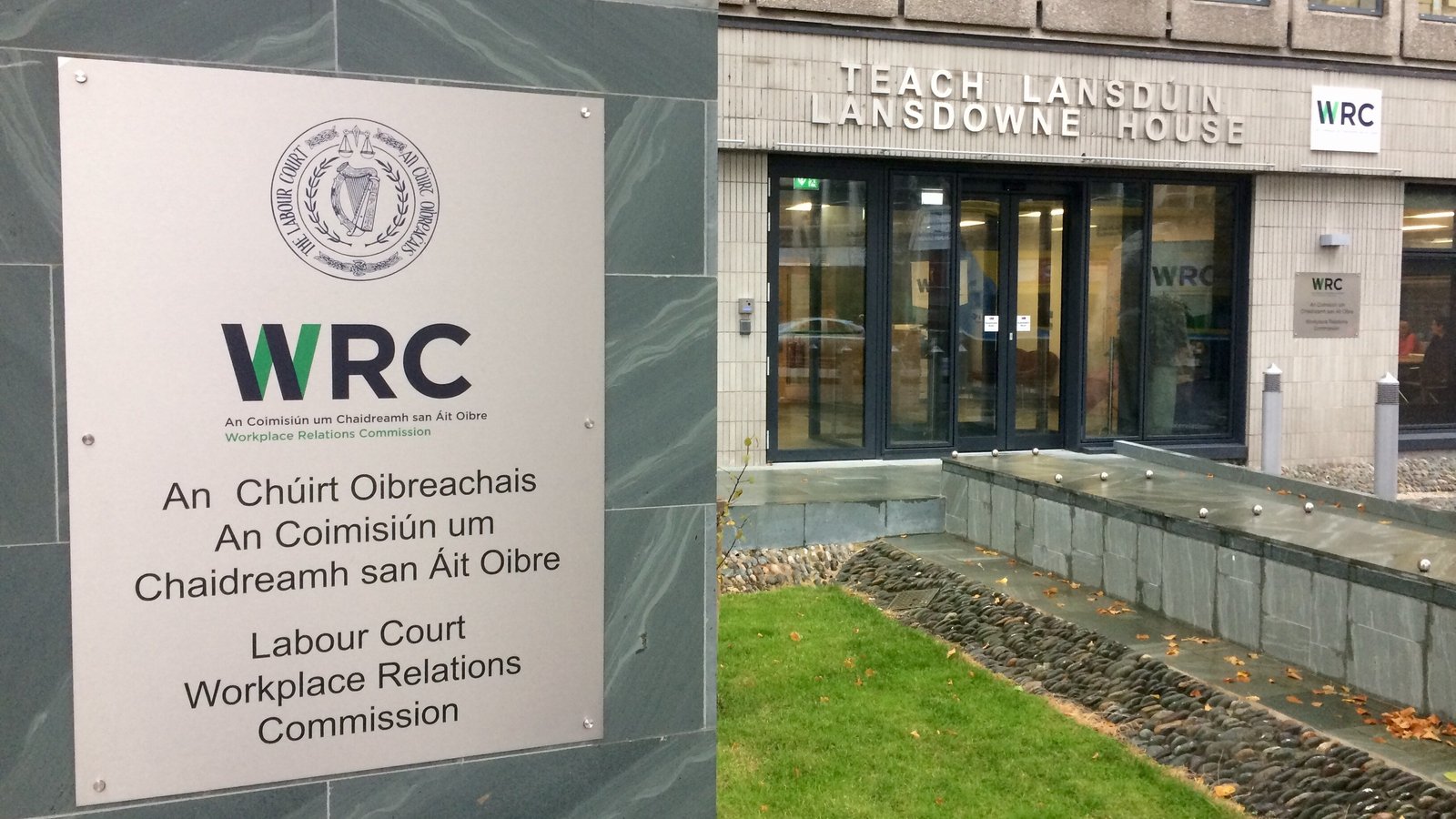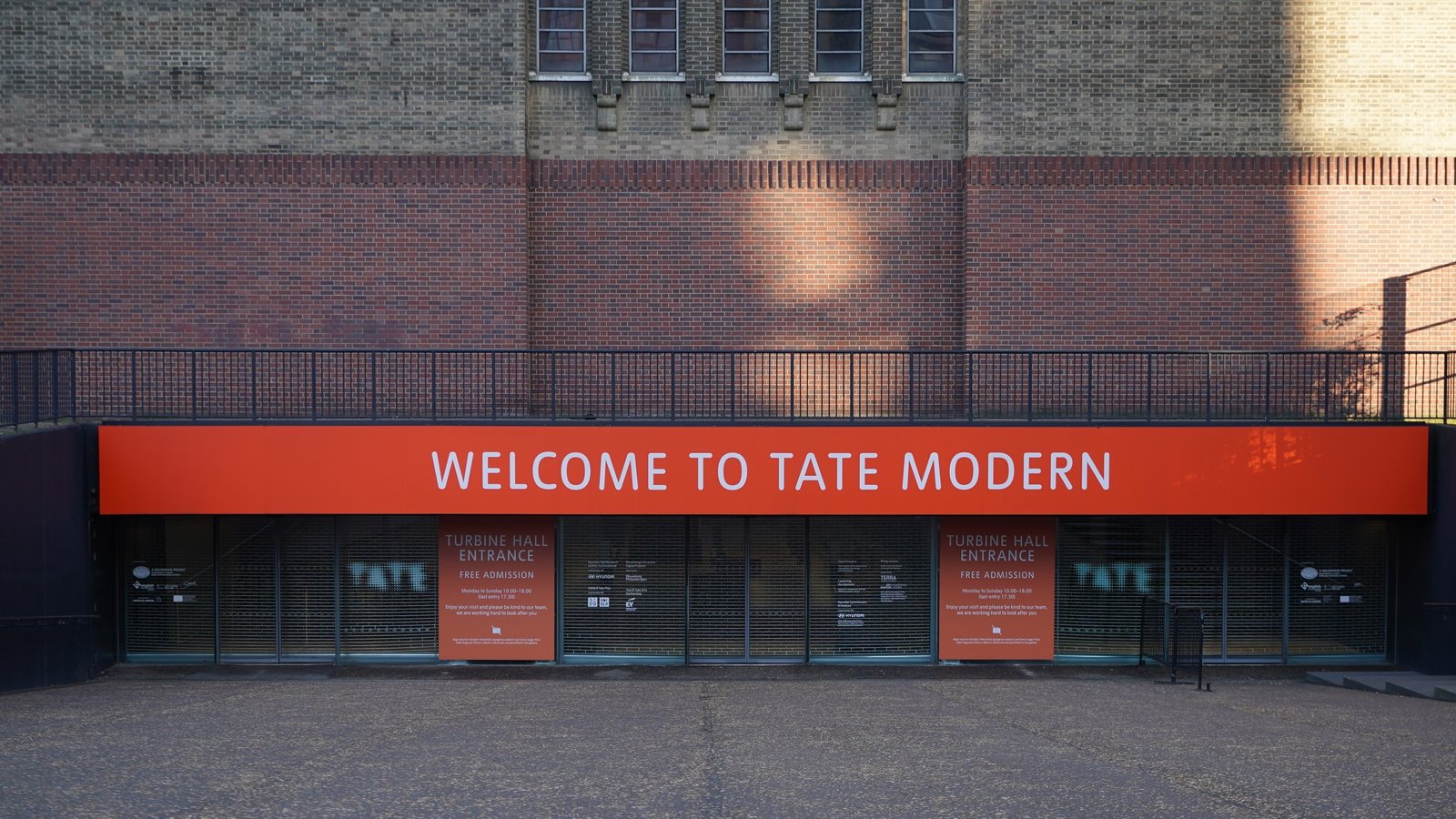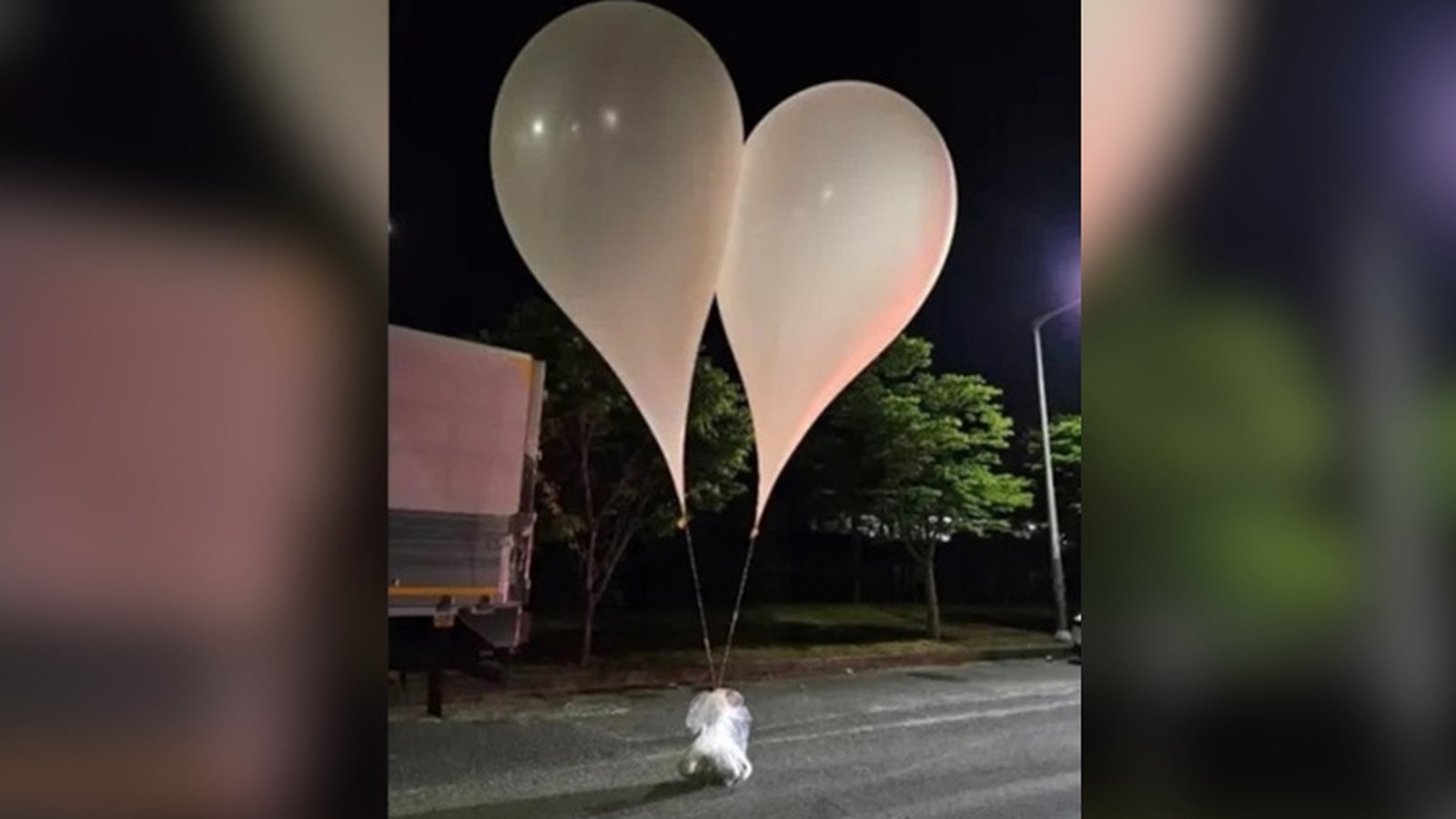Ireland expects a response against Scotland
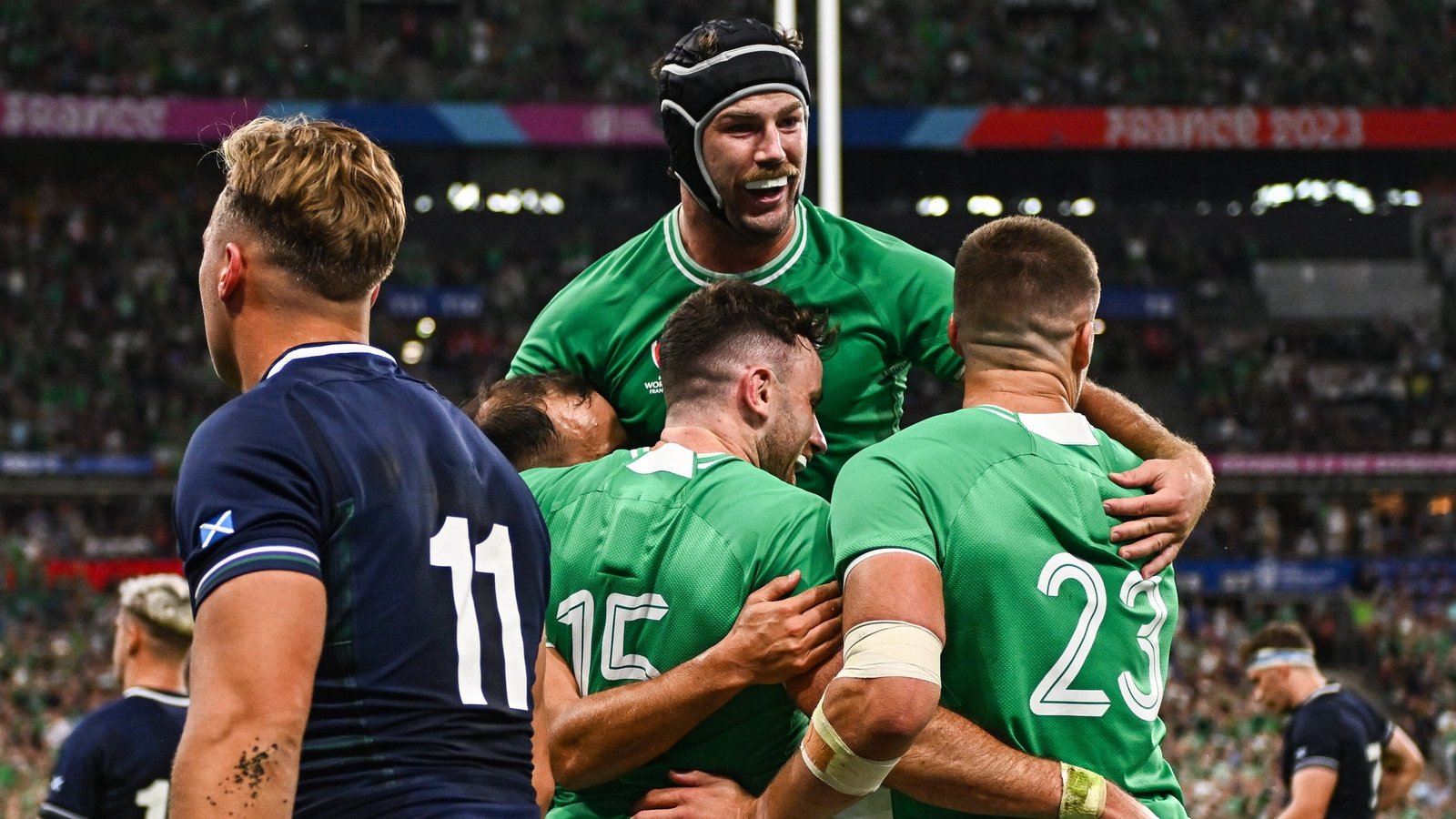
After naming his final Guinness Six Nations squad of the season on Thursday, Ireland head coach Andy Farrell laid down a challenge to his team: Perform when it matters.
While there’s no longer a Grand Slam at stake, the suggestion that a championship title with just four wins from five would merely be a “consolation prize” is an insult to the generations of Ireland squads that were rarely within a sniff of winning one.
Winning a title, and a second title in a row, definitely matters.
The defending champions were humbled by England at Twickenham last week, a game they should have won even if they didn’t deserve to.
A mark of this Ireland team has been their ability to get into a winning position, even on an off-day, and finish the job. The fact that they gave up a title-clinching win in the final 90 seconds will sting.
As rare as it is to see Ireland give up a winning position, it’s even rarer for them to lose two games in a row.
Only once in Farrell’s four years in charge have Ireland been beaten in consecutive games, with that coming at the start of the 2021 Six Nations.
Since then, each of their defeats have been met with a response; after losing to France in 2022 they hammered Italy at the Aviva Stadium before going on to win a Triple Crown, while later that year they reacted emphatically to their first Test defeat in New Zealand to complete a stunning series win.
The manner in which they took apart France in their first game since their gut-wrenching World Cup exit would also suggest they aren’t in the habit of stewing on defeat.
The big question is whether they can do it when it the chips are down.
The evidence for that is mixed. The positive evidence comes from the All Blacks series in 2022, and their Grand Slam last year, but even in that win against England 12 months ago they showed signs of nerves.
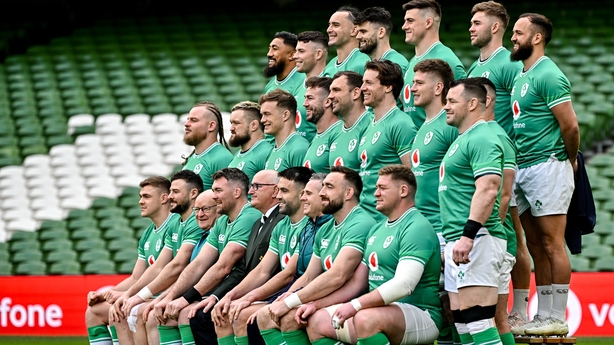
The World Cup quarter-final, and last week’s defeat to the English have brought those questions back up, and Farrell has admitted they have a point to prove.
“I love winning titles, there’s no doubt about that, but this is an occasion for us to perform when it really matters,” he said this week.
“We said it in the Grand Slam game last year, and we was able to get over the line but the performance wasn’t exactly white-hot, so that’s what you’re always chasing.”
A win or a draw this evening would see them crowned champions at the Aviva, but anything else would leave them waiting nervously on events between France and England in Lyon where they would ideally be hoping for a France win, or at the very least a low-scoring game.
A two-hour wait in an empty Aviva Stadium, even if it ends with an Irish trophy lift, doesn’t bear thinking about.
If last week’s loss to England didn’t shake off any potential complacency, the prospect of Scotland winning a first game in Dublin since 2010, and a first Triple Crown since 1990 should be enough to narrow the minds.
Gregor Townsend’s side travel to Dublin off the back of a surprise defeat of their own, giving up a 12-point lead against Italy to lose 31-29 in Rome.
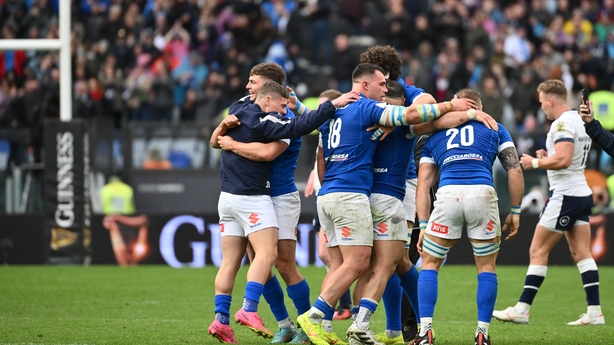
Ireland are going for a 10th win in a row in this fixture, with the last Scottish win coming at Murrayfield back in 2017. The last three results have seen Ireland win by an average of 19 points, most recently in the Rugby World Cup last year where they destroyed Scotland in the opening half en route to a 36-14 victory.
They’re unpredictable, inconsistent, but remarkably entertaining.
Six of their 11 tries in this year’s championship have come off turnover or counter-attack, with the likes of Finn Russell and Duhan van der Merwe thriving off unstructured play. If Ireland kick as loosely as they did at Twickenham a week ago, it could spell big trouble.
If the previous four games of this championship are a barometer of what to expect, Scotland are likely to start hot, with five of their 11 tries (45%) coming inside the opening 20 minutes of games.
Keeping that momentum has been a major issue though. In each of their last two games against Ireland they’ve enjoyed spells of dominance in the opening half, only to fade away badly.
That inability to play for the full 80 minutes has again left them vulnerable in 2024; while they’ve outscored their opponents 72-36 in the first half of games, their second halves have been a mirror image, scoring just 30 points and conceding 62.
Eight of the 11 tries they’ve given up have been in the second half of games, while they’ve scored a total of 10 points between the 60th and 80th minute.
Those second half struggles should play into Irish hands. Seven of Ireland’s 17 tries have been scored in the final quarter, while their own tryline hasn’t been breached in that period.
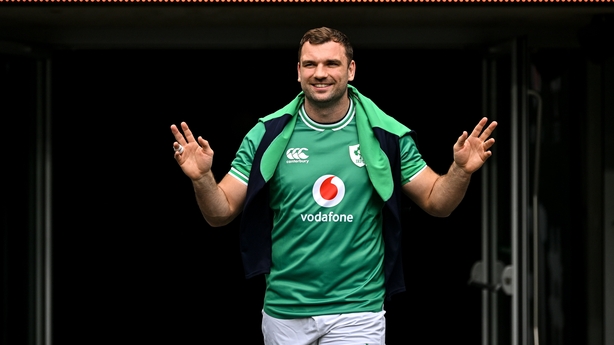
Ireland’s biggest weapon has been their attack off lineout. While there has been criticism of that set-piece since the defeat to England, a 92% return on their own throw has laid the platform for 15 of their 17 tries.
That figure may point to a reliance on one method of scoring, but the variety of how those tries have been scored pose significant questions for defences, with four tries coming off first-phase attack, and five being scored after 10 or more phases.
The stats would suggest they’ll get plenty of opportunities to launch those lineout attacks. While Ireland have given up the most penalties in the competition on 45, Scotland’s discipline has been similarly poor, conceding 44.
Disrupting the Irish lineout will be crucial to any chances of a Scottish victory, particularly given how vulnerable their defence is off set-pieces.
Back in Paris in October, their defensive shape was pulled apart by Ireland off set-plays, and they’ve continued to struggle in that area in 2024, with six of the 11 tries they’ve conceded coming within the first two phases of possession.
The absence of Sione Tuipulotu hasn’t helped their cause. The powerful centre missed last week’s defeat to Italy due to injury, with Cameron Redpath struggling to fill the void.
This week, Glasgow’s Stafford McDowall comes into midfield, thrown into the deep-end by Townsend for just his second cap and first Six Nations appearance. Ben White also comes in as expected at scrum-half in the only other change to last week’s side.
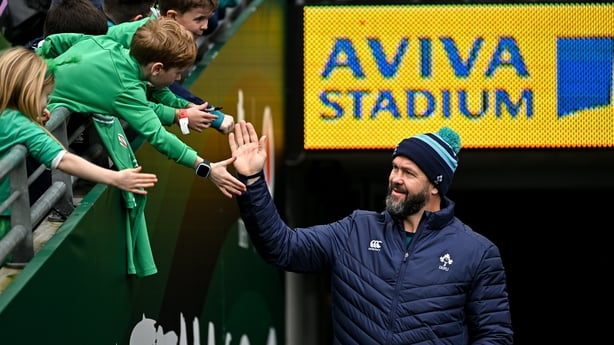
Farrell (above) has resisted the urge to tweak his line-up, instead giving last week’s XV an opportunity to right the wrongs of Twickenham.
It provides Tadhg Beirne with a 50th Irish cap, and the second row will likely have a big role to play, leading the tournament for lineout steals with three.
Peter O’Mahony continues as captain, and along with Conor Murray and Cian Healy, will be looking to win a fifth championship title, which would set an Irish record.
Also lurking beneath the main plot will be Andy Farrell’s move to his British and Irish Lions role next year.
While the head coach will still be in charge for summer tour of South Africa, and the four home games in November, this will be his last Six Nations duty with Ireland until 2026.
Just another piece of motivation for a game that already had plenty.
Verdict: Ireland by 12
Ireland: Hugo Keenan; Calvin Nash, Robbie Henshaw, Bundee Aki, James Lowe; Jack Crowley, Jamison Gibson-Park; Andrew Porter, Dan Sheehan, Tadhg Furlong; Joe McCarthy, Tadhg Beirne, Peter O’Mahony (capt), Josh van der Flier, Caelan Doris.
Replacements: Rónan Kelleher, Cian Healy, Finlay Bealham, Ryan Baird, Jack Conan, Conor Murray, Harry Byrne, Garry Ringrose.
Scotland: Blair Kinghorn; Kyle Steyn, Huw Jones, Stafford McDowall, Duhan van der Merwe; Finn Russell (co-capt), Ben White; Pierre Schoeman, George Turner, Zander Fagerson; Grant Gilchrist, Scott Cummings; Andy Christie, Rory Darge, (co-capt), Jack Dempsey.
Replacements: Ewan Ashman, Rory Sutherland, Elliot Millar-Mills, Sam Skinner, Matt Fagerson, George Horne, Cameron Redpath, Kyle Rowe.
Referee: Matthew Carley (RFU)
Listen to the RTÉ Rugby podcast on Apple Podcasts, Spotify or wherever you get your podcasts.
We need your consent to load this YouTube contentWe use YouTube to manage extra content that can set cookies on your device and collect data about your activity. Please review their details and accept them to load the content.Manage Preferences
Watch Wales v Italy in the Guinness Six Nations (2.15pm) and France v England (8pm) on Saturday on RTÉ2 and RTÉ Player, follow a live blog on France v England on rte.ie/sport and the RTÉ News app
Follow a live blog on Ireland v Scotland in the Guinness Six Nations on Saturday from 4pm and listen to live commentary on Saturday Sport on RTÉ Radio 1



